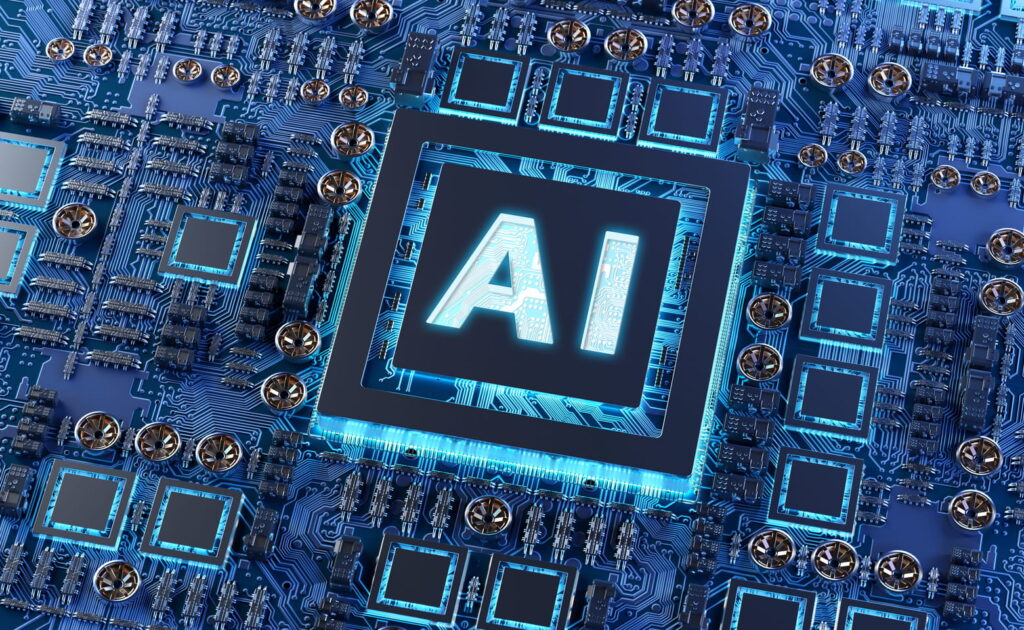Artificial intelligence (AI) is fast emerging as a transformative technology that is rapidly changing the way we live, work, and interact with one another. With its ability to process vast amounts of data, identify patterns, and make predictions, AI has the potential to revolutionize industries and improve the quality of life for people around the world. However, the rapid development of AI has also raised important policy questions that must be addressed by governments, businesses, and civil society.
One of the most pressing policy issues related to AI is how to ensure that this technology is developed and deployed in a responsible and ethical manner. As AI systems become more sophisticated and autonomous, there is a growing risk that they will be used in ways that are harmful to individuals or society as a whole. For example, AI-powered algorithms could be used to make decisions about employment, credit, or criminal justice that are biased against certain groups or individuals. And there is some evidence that such biases are already in play. For example, a group of researchers at MIT found that facial analysis technologies had higher error rates for minorities, particularly minority women, possibly as a result of unrepresentative training data.
To address these concerns, policymakers must develop a comprehensive regulatory framework for AI that takes into account its potential risks and benefits as well as all possible use case scenarios. It is critical to provide organizations that work with these powerful technologies the necessary oversight and legal framework to ensure that AI is used in the best way possible. This framework should include guidelines for the development and deployment of AI systems, as well as mechanisms for monitoring and enforcing compliance with these guidelines. Accountability and reporting are two critical levers that must be utilized to ensure that the policies are effective. In addition, policymakers should work closely with industry leaders, academics, and civil society organizations to ensure that the regulatory framework is both effective and practical.
Another important policy issue related to AI is the impact that this technology will have on the labor market. As AI systems become more advanced, they will be able to perform tasks that were previously done by humans, leading to potential job displacement and income inequality. As of 2022, global unemployment has already reached 207 million. To address these challenges, policymakers must develop policies that encourage the creation of new jobs and ensure that workers are equipped with the skills needed to succeed in a rapidly changing job market. Moreover, governments also need to account for any inequalities arising from the growth of AI particularly in underdeveloped countries where large masses of the population may be unable to access the internet or may be digitally illiterate and hence might potentially be left in the dust with new developments like AI.
One potential policy solution is to invest in training programs that teach workers the skills they need to work alongside AI systems. While unemployment may be on the rise, the global skills deficit is also projected to exceed 85 million people by 2030. One way to combat unemployment arising from automation and AI may therefore be to retrain and upskill the labor force . For example, workers could be trained to work with AI-powered robots in manufacturing or healthcare settings, or to analyze and interpret data generated by AI algorithms. In addition, policymakers could implement policies that encourage businesses to invest in the development of AI-powered technologies that create new job opportunities and make the retraining of workers easier.
A third policy issue related to AI is the ethical implications of the technology itself. As AI systems become more autonomous and decision-making becomes increasingly automated, there is a growing risk that these systems will make decisions that are not aligned with human values and ethics, even if the organizations creating these systems did not intend any harm. For example, an AI system might make a decision that harms an individual or group of individuals, even though it is technically optimal according to a predetermined objective function. The acclaimed author and historian Yuvual Noah Harari also discusses how a transfer of authority to machines might happen and how it could potentially represent the end of autonomy in human decision making.
To address these concerns, policymakers must work closely with ethicists, academics, and civil society organizations to develop ethical guidelines for AI systems. These guidelines should take into account the potential risks and benefits of AI, as well as the values and ethics that are important to society as a whole. In addition, policymakers should encourage businesses to adopt ethical principles and values when developing and deploying AI systems, and should create mechanisms for monitoring and enforcing compliance with these principles.Already the United Nations has taken some steps in this regard. In September 2022, the United Nations endorsed the Principles for the Ethical Use of Artificial Intelligence in the United Nations System. These Principles include do no harm; defined purpose, necessity and proportionality; safety and security; fairness and non-discrimination; sustainability; right to privacy, data protection and data governance; human autonomy and oversight; transparency and explainability; responsibility and accountability; and inclusion and participation. However there is still significant ground to cover to ensure that these principles are adequately defined and maintained in technologies worldwide.
Overall, policy making for AI presents a complex and multifaceted challenge that requires a comprehensive and collaborative approach. Policymakers must take into account the potential risks and benefits of AI, as well as the ethical and social implications of this technology. In addition, they must work closely with industry leaders, academics, and civil society organizations to develop policies that are both effective and practical. Ultimately, the success of AI policy will depend on the ability of policymakers to strike a balance between innovation and responsibility, and to ensure that the benefits of AI are shared by all members of society.

